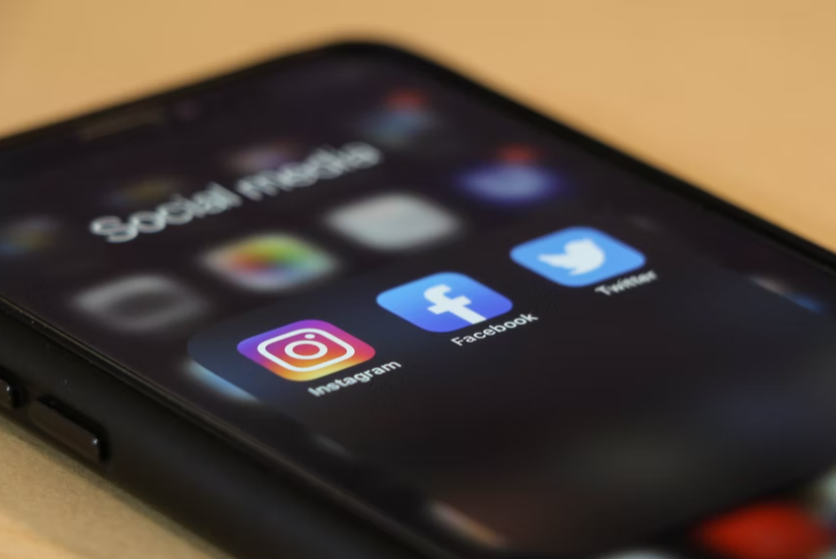
The controversial Texas social media law called HB 20 will take effect after a ruling from a US appeals court.
NetChoice, the tech industry trade group, and the Computer and Communications Industry Association (CCIA), managed to block the law in court in 2021.
However, the Fifth Circuit Court of Appeals or FCC has pushed for the law, and Texas Attorney General Ken Paxton has granted a request for a say in NetChoice and CCIA v. Paxton.
Texas Passed HB 20
HB 20 allows Paxton's office or Texas residents to use moderate social networks based on the user's viewpoint, according to The Verge.
The ruling follows a hearing where a Fifth Circuit judge claimed Twitter is not a website and compared it to phone companies like Verizon, governed by specific carrier rules set by the FCC.
Both NetChoice and CCIA can choose to mount an emergency appeal, but without fast intervention from a higher level like the Supreme Court, the law is now in force in Texas.
Also Read: Facebook Reportedly Aims To Re-Enter China With New Censorship Tool, But Would It Work?
Carl Szabo, the vice president and general counsel of NetChoice, said that a split 2-1 Fifth Circuit panel lifted the injunction without ruling on the merits and without issuing an opinion explaining the order.
Szabo added that because HB 20 is rotten through and through, they are weighing their options and plan to appeal the order immediately.
What Does HB 20 Cover?
HB 20 covers web services with more than 50 million active monthly users and relies mainly on user-generated content. That includes giant networks like Facebook and many smaller sites and apps, according to The Texas Tribune.
The law also applies rules to email providers. It is an unprecedented decision to let state governments control how private companies moderate social media websites.
The law also conflicts with a different circuit's decision to block the same law in Florida, potentially setting up a Supreme Court fight over moderation, which some justices are eager to take on.
However, it is not yet clear what the decision means for Texas residents. The rule applies to decisions made after the law takes effect, so aggrieved users can't sue over past conflicts with the services.
Based on the hearing, the decision hinges on judges' sympathy for claims that massive social networks constitute a public square or a utility akin to a phone network, where operators are required to treat the content neutrally.
Internet service providers were labeled as common carriers under the Obama administration's net neutrality rules. Still, those rules were quickly repealed under former President Donald Trump, and web platforms like Facebook, Twitter, and Instagram have never fallen under the definition.
HB 20's critics have blasted it for infringing on the First Amendment rights of private social media companies, according to Houston Public Media.
Scott Wilkens, the senior staff attorney with the Knight First Amendment Institute, said in a statement following the decision that Texas's law violates the First Amendment because it compels social media companies to publish speech they do not want to publish.
Wilkens added that the theory of the First Amendment that Texas is advancing, in this case, would give the government broad power to censor and distort public discourse.
In 2016, Facebook explained the difference between free speech and censorship on social media platforms during a live stream.
This article is owned by Tech Times
Written by Sophie Webster
ⓒ 2025 TECHTIMES.com All rights reserved. Do not reproduce without permission.




